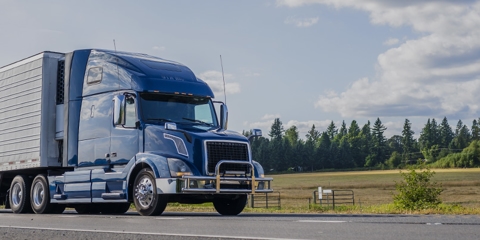Ridesharing, and the debate over driver classification – employee vs. independent contractor – have been hot topics in California courts since the two primary companies, Uber and Lyft, shifted their operations into gear. While tens of thousands have used their services and swear by the convenience and value, some of the drivers haven’t painted such a pretty picture. There have been several lawsuits and settlements, and we’ve even seen plaintiffs file numerous objections against these proposed settlements. Here’s a look at the law behind the lawsuits, and a couple of the lawsuits currently being fought.
The Law
The basis behind many of these lawsuits is the challenge of the employee versus independent contractor designation. Rideshare companies maintain that the drivers are independent contractors, working when they want, dictating their schedules, as well as whom they pick up.
In California, Labor Code 3357 states:
Any person rendering service for another, other than as an independent contractor, or unless expressly excluded herein, is presumed to be an employee.
Employers often improperly classify their employees as independent contractors so that they, the employer, do not have to pay payroll taxes, the minimum wage or overtime, comply with other wage and hour law requirements such as providing meal periods and rest breaks or reimburse their workers for business expenses incurred in performing their jobs. Additionally, employers do not have to cover independent contractors under workers’ compensation insurance and are not liable for payments under unemployment insurance, disability insurance, or social security.
Uber and Lyft both maintain that their drivers are independent contractors.
Uber
Uber made big headlines when it agreed to a proposed $100 million settlement earlier this year, but it didn’t take long for the luster to wear off. Since then, some drivers have objected to the settlement, arguing that the lead attorney, Shannon Liss-Riordan, settled for 10% of the true value of the case.
U.S. District Judge Edward Chen is scheduled to review this case June 2 but has asked the lawyers to provide more details regarding the proposed settlement. Since there have now been more than 20 objections to the settlement, this will be closely watched by many.
Upon news of the settlement, Uber’s CEO and co-founder Travis Kalanick said:
“…While the number of drivers using our app has grown dramatically, their reasons for doing so haven’t changed. In the U.S. almost 90 percent say they choose Uber because they want to be their own boss. Drivers value their independence—the freedom to push a button rather than punch a clock, to use Uber and Lyft simultaneously, to drive most of the week or for just a few hours.”
Lyft
Lyft has also been embroiled in a similar lawsuit. When the company recently settled its employee vs. independent contractor lawsuit for $12.25 million, the judge told the San Francisco-based company that it wasn’t enough. U.S. District Judge Vince Chhabria rejected the previously proposed settlement, saying that the drivers weren’t properly compensated. Lyft has now more than doubled the proposed settlement figure, increasing it to $27 million. More than 163,000 drivers could benefit from the settlement, with payments varying based on time worked and miles driven.
Seeking Help
Labor laws are in place to protect hard-working men and women. Whether you have a question about your employment status, or you feel that your employer denied you proper wages or violated your rights, the Carter Law Firm can help. These violations can impact your sense of well-being as well as your pocketbook. If you feel that you have been what’s rightfully yours, contact the Carter Law Firm for a free consultation.



